Ethiopia, Egypt, and Sudan disagree over Nile dam project
On Sunday, September 15, irrigation ministers from Ethiopia, Egypt, and Sudan met in Cairo for talks regarding Ethiopia’s plan to build the Great Ethiopian Renaissance Dam on the Nile river. The following day, due to disagreements over technical aspects related to the filling and operating of the dam, Egypt announced that talks had stalled. Egypt, which relies on the Nile for 90 percent of its freshwater, fears that the dam will threaten its water supplies; Ethiopia disputes that claim. Egypt. As a result, the two countries disagree over the annual flow of water that should be guaranteed to Egypt, as well as the management of water flows during droughts.
Due to the disagreements, a meeting hosted by an independent scientific group will take place in Sudanese capital Khartoum from September 30 to October 3 for further negotiations. Although construction of the $4 billion Great Ethiopia Renaissance Dam has been suspended for over a year, the dam is planned to begin producing power by the end of 2020, and stands to economically benefit both Ethiopia and Sudan.
For more on managing the waters of the Nile River, see the book Governing the Nile River Basin: The Search for a New Legal Regime by AGI scholars John Mukum Mbaku and Mwangi S. Kimenyi.
Rwanda and Uganda hold talks to resolve strained relations
Rwandan and Ugandan officials met in Kigali on Monday, September 16 to discuss the resolution to recent issues that have damaged bilateral relations. The dispute between the countries began earlier this year when Rwandan President Paul Kagame accused Uganda of sending rebel groups into Rwanda and Ugandan President Yoweri Museveni accused Rwanda of sending spies into Uganda. The accusations prompted Rwanda to close its borders with Uganda and discourage Rwandans from traveling to Uganda.
The peace talks follow the signing of a memorandum of understanding (MoU) by both countries in Angolan capital Luanda last month, in which Kagame and Museveni committed to working to normalize relations. As a result of the talks, the two countries agreed to meet again in Kampala after 30 days to review progress on the implementation of the MoU. Uganda also released 32 Rwandans who had been incarcerated due to accusations of illegal entry and stay in the country prior to the meeting. Despite this progress, however, many aspects of the MoU have yet to be implemented in order to fully normalize relations.
Kenya’s first oil exports draw scrutiny over lack of transparency
Late last week, the first tanker carrying oil from Kenya’s recently discovered oil reserves docked in Malaysia en route to China. The oil reserves in the Turkana region are expected to be a boon for the East African country: It currently produces about 2,000 barrels a day, but is estimated to produce up to 100,000 per day by 2024. However, the announcement of the delivery has drawn outcries from 16 local civil society organizations—under the Kenya Civil Society Platform on Oil and Gas (KCSPOG)—who have called for more transparency around the deal.
The Ministry of Energy and Petroleum, along with partner Tullow Oil, was reluctant at first to even disclose the buyer of the oil, citing a nondisclosure agreement. Last month, though, Petroleum Principal Secretary Andrew Kamau announced that ChemChina Limited, the oil-trading arm of ChemChina Petrochemicals, held the winning $12 million bid among eight possible candidates. Despite this disclosure, Charles Wanguhu, KCSPOG coordinator, has challenged the government over the opacity and “lack of proper disclosure” around the bidding process and called for the government to disclose the bidding documents.
Notably, the Petroleum Act of 2019 mandates that profits to Kenya from the sale of the oil must be split among the national government (75 percent), county government (20 percent), and local community (5 percent). However, the details of how the profits are to be split with the joint venture partners have yet to be revealed. The Kenyan National Treasury is also anticipated to bring forward a bill to establish a sovereign wealth fund, intended to “provide institutional arrangements for effective administration and efficient management of minerals and petroleum revenues,” though the bill has been met with delays.
For more on oil and gas management in East Africa, see the Africa Growth Initiative report, “Managing natural resources for development in East Africa: Examining key issues with the region’s oil and natural gas discoveries.” AGI has also convened experts around the management of natural resources on the continent, especially in East Africa, including the 2013 roundtable, “Oil and Gas Management for Inclusive and Sustainable Development: An East African Regional Forum,” and 2014 event, “East Africa’s Oil and Gas Boom – Promise and Peril.”
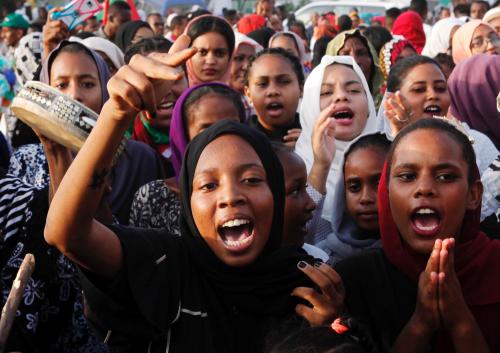
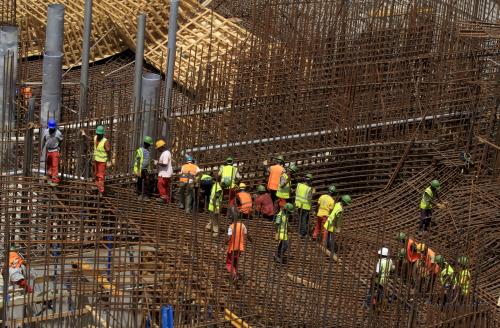
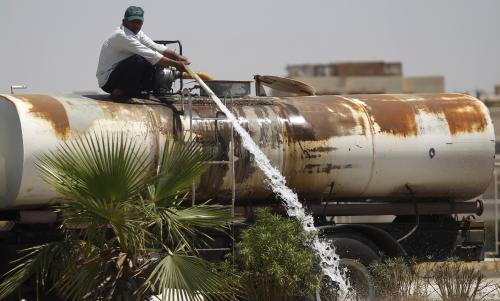
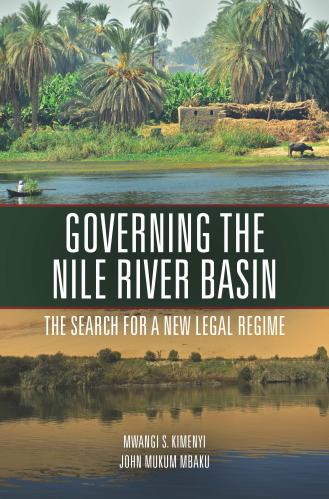
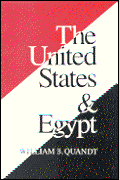


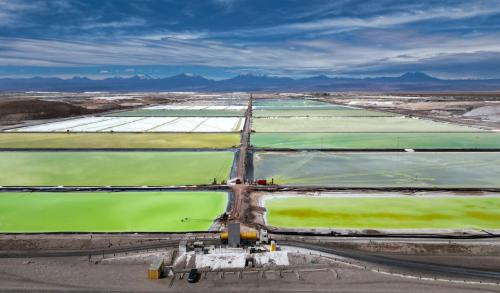
Commentary
Africa in the news: Disagreement over the Great Ethiopian Renaissance Dam, Rwanda-Uganda dispute talks
September 21, 2019